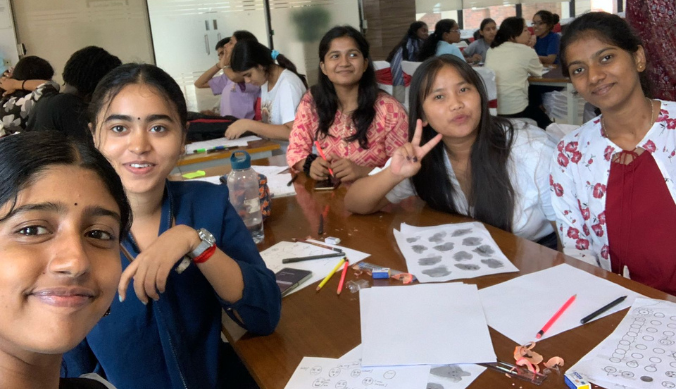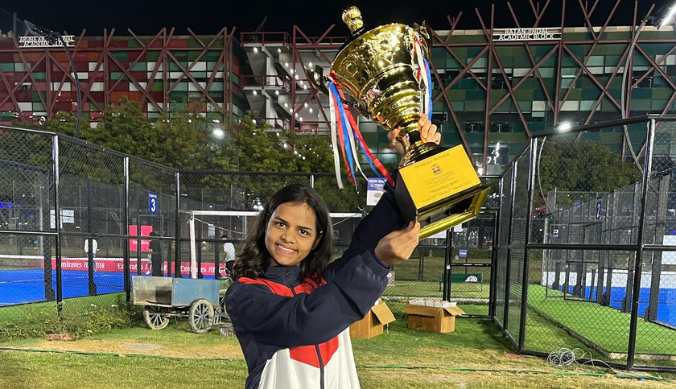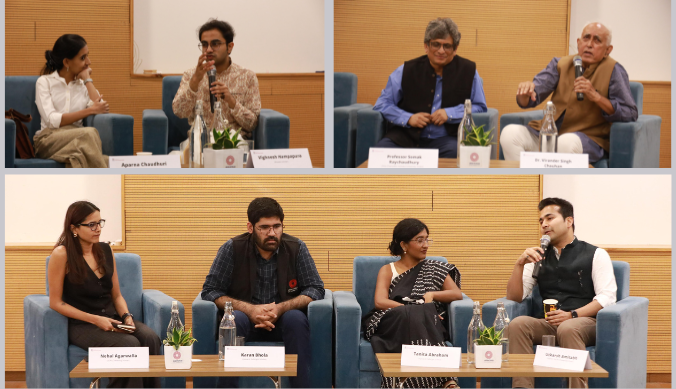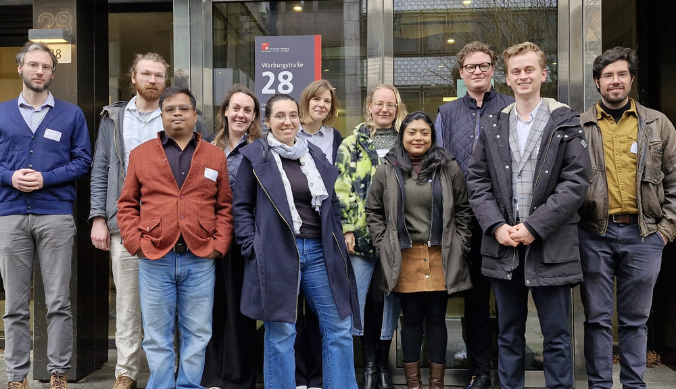Embracing Experiential Learning at the Young India Fellowship
As we step into the next academic year, we remain committed to leveraging the power of experiential learning to drive sustainable change and create an immersive model of the real world outside to complement the academic learning at YIF
Young India Fellowship Class of 2023 has been pivotal as the Fellows returned to campus and business resumed as usual, for the first time since the pandemic.
ELM as a core and only offering of the YIF curriculum designed to give real-world experiences saw some roadblocks with its hybrid nature. With two years of remote working, the team was excited to host projects that allowed Fellows to immerse in fieldwork once again and be more connected with the community within and beyond Ashoka.
Like any year, we had a diverse array of projects spanning various domains, each with its own unique nature of work. Some of the key organisations we partnered with over the last year include but are not limited to Pratham, Data.org, Oyo, CMGGA, Ultimate Players Association, Delhi Dialogue Commission, and CSGS among others. With these organisations, teams worked to explore gender, sexuality, and the law to strategise a framework for effective consumer service centres and job creation for the marginalised.
They also contributed to promoting good governance in Haryana through the Chief Minister’s Good Governance Associates program and worked on community engagement procedures at the Dalmia Bharat Foundation.
Some projects took on a self-designed approach, such as Freshly, which aims to revolutionize student eating habits and the other with Qrida reimagining civil aspirants’ journey to serving the nation.
Others focused on the development sector, like the Indian School of Development Management’s work on building a relevant maturity model.
The education sector was also well represented, with projects at Kaivalya Education Foundation working on curriculum-based content design and development, while Pratham Education Foundation tackled the impact assessment of English courses and created learning opportunities for 21st-century skills in rural India.
The team that worked with Paint it Red Foundation successfully delivered a curriculum handbook for educators working with visually impaired menstruators. This handbook would pioneer a focus on menstrual health education being accessible to people with visual disabilities across India. The focus of the handbook is largely on the educators and each lesson plan includes interactive exercises, vocabulary relevant to the topics, notes to include frequently asked questions, and some myths around menstrual health, amongst other things.
Furthermore, Fellows explored various niches, like Samunnati’s impactful stories, and Teach For India’s strategy for student alumni in the Delhi region. In the realm of sports and gender equality, they contributed to the Ultimate Players Association of India’s initiative to strengthen the UPAI Women’s Ultimate Fellowship.
This year, the introduction of joint strategy meetings marked a significant shift in the ELM experience. These meetings provided a platform for all stakeholders, including Fellows, ELM Supervising Faculty (Srikant Sastri), clients, and program facilitators, to come together once each phase and discuss the overall project strategy. The collaborative approach fostered synergies and ensured that the projects were aligned with the client’s objectives and the Fellows’ learning goals.
Opportunities for co-creation emerged as a driving force behind the success of 12 out of 18 external client projects. This approach allowed Fellows to actively contribute to shaping the scope of the second half of their ELM journey for these projects.
In terms of workshops, all Fellows were trained to navigate team dynamics, research, ideate and identify a problem statement and content creation. A storytelling workshop was conducted in two parts by the ELM Supervising Faculty to serve as a fitting finale to their journey. This showcase provided an opportunity for all ELM teams to present their projects’ stories, experiences, and outcomes. The power of storytelling resonated with all, as it not only celebrated the collective efforts but also reinforced the impact of each project on the ground.
Building on the impact of groundwork, the aim is to add another immersive week in the coming year, allowing Fellows to gain a deeper understanding of real-world situations and enrich their project interventions.
We are making plans to enhance team formation, ensuring that the right skills, interests, and project requirements align seamlessly. There will also be a focus on enhancing team dynamics, and laying a solid foundation for successful project execution. Moreover, we want to offer customized guidance for training and in-depth nuance to their domain knowledge.
As we step into the next academic year, we remain committed to leveraging the power of experiential learning to drive sustainable change and create an immersive model of the real world outside to complement the academic learning at YIF. Experiential Learning goes beyond just skill-building; it shapes our Fellows’ hearts, fostering empathy and an understanding of the world they aspire to transform.
(Naina Lahoti is a Manager, Learning and Engagement and Shruti Bajaj is a Deputy Manager, Learning and Engagement at the Young India Fellowship, Ashoka University)
Study at Ashoka













